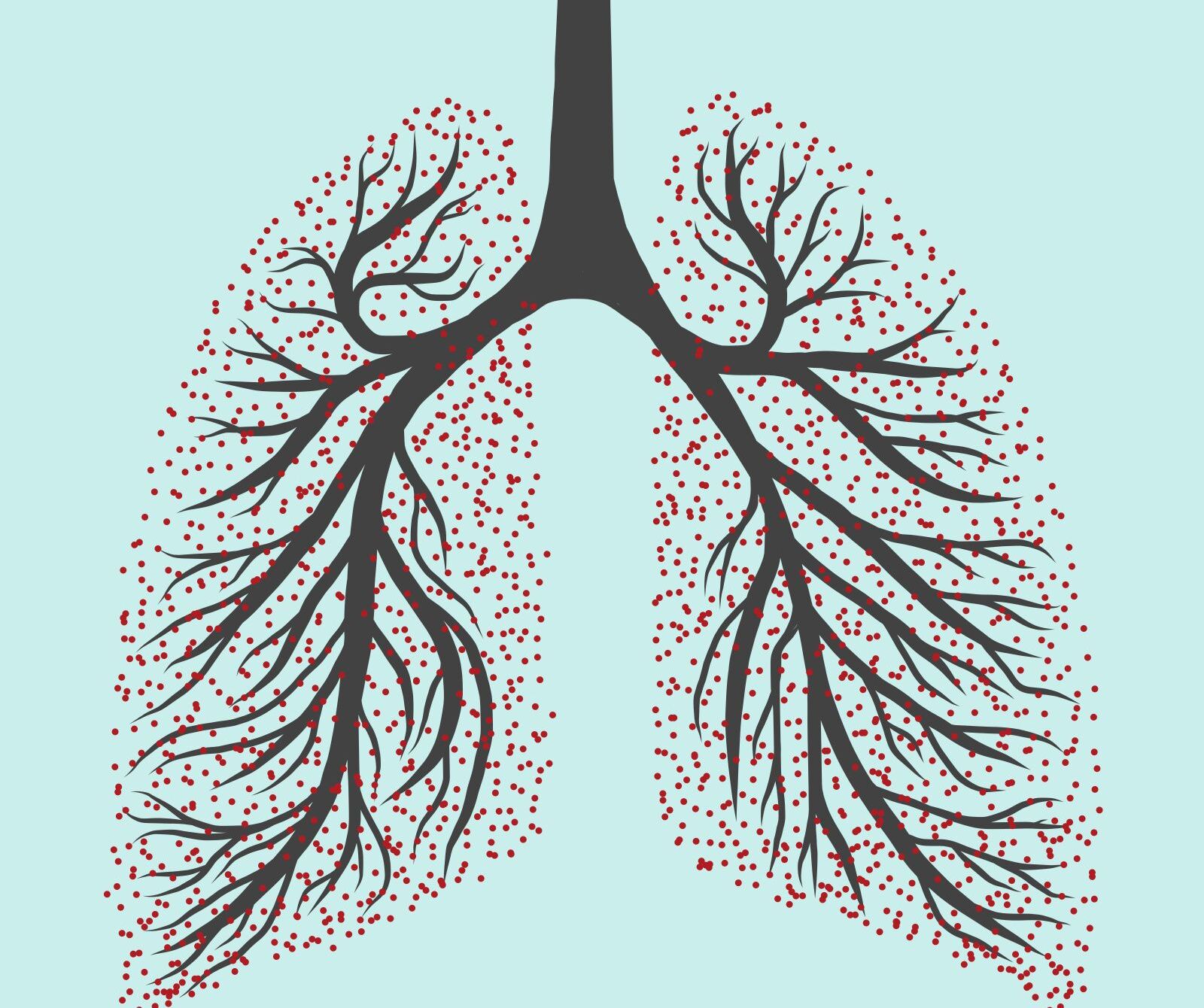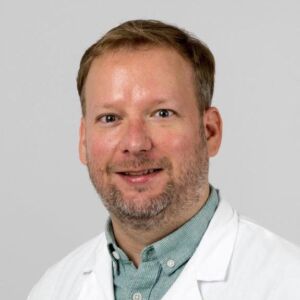Antibiotic-resistant bacteria are increasingly threatening the achievements of modern medicine. Silvio Brugger, infectiologist at the University Hospital Zurich, and his team are researching a new form of therapy: instead of fighting the infection with antibiotics, the aim is to change the microbiome of the respiratory tract so that pathogens have no chance there.
The human airways are not a sterile zone. Like the gut, the respiratory tract (from the nose to the lungs) is also colonized by various microorganisms, which together form the microbiome of the respiratory tract (respiratory microbiome) and perform important tasks for the “lung climate”. A central function of the respiratory microbiome is the defense against pathogens that can reach the lungs through external contact between the respiratory tract and the environment.
Antibiotics: Difficult development and rapid resistance
Antibiotics are often used to combat bacterial pathogens. However, more and more pathogens are becoming resistant to antibiotics and the drugs are therefore no longer effective for treating serious infections – with serious consequences worldwide if the life-saving drugs no longer work for patients who depend on them. Effective antibiotic treatments are also a key prerequisite for modern medical measures such as organ transplants and new oncological therapies.
The development of new antibiotics is difficult and only very few substances have been approved in recent years. Because most new antibiotics are based on modifications of existing antibiotics, resistance to the successors also develops quickly. Researchers are therefore looking for new approaches to fighting infections that help to reduce the use of antibiotics and thus maintain their effectiveness.
Strengthen the respiratory microbiome specifically against pathogens
In recent years, studies of the human respiratory microbiome have shown that certain benign bacteria have an inhibitory effect on two of the most dangerous bacteria, Streptococcus pneumoniae and Staphylococcus aureus. A research team led by Silvio Brugger, senior physician in the Clinic for Infectious Diseases and Hospital Hygiene at the USZ, is investigating in a research project how this inhibitory effect can be used for the treatment of bacterial infections. To this end, the team is investigating the interaction of benign and pathogenic bacteria in the microbiome of the respiratory tract using various models in the laboratory. Based on the knowledge of this interaction, the next step will be to find out how the microbiome can be altered through targeted manipulation so that pathogenic bacteria can no longer colonize the respiratory tract and thus prevent or combat infection. If the results from the laboratory are promising, they are tested in a final step in a clinical study in practice.
Therapy transferable to other pathogens and easy to implement
“If we succeed in doing this, it will be a completely new approach to combating bacterial infections without the use of antibiotics,” says Silvio Brugger. “Any non-use of antibiotics helps to prevent resistance and maintain the effectiveness of these drugs.” If the approach proves to be an effective therapy, it could also be used to develop targeted changes to the microbiome against other pathogenic bacteria. “And last but not least,” says Brugger, “this form of therapy could also be implemented in regions with limited resources in the healthcare sector and massively improve the treatment options for bacterial infections there.”
The project, which started in January 2023 and is funded by the Swiss National Science Foundation with an SNSF Starting Grant and by the Gebert-Rüf Foundation and FreeNovation, is expected to deliver initial results by the end of 2027.

